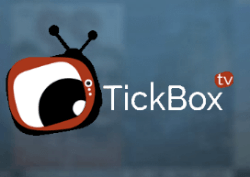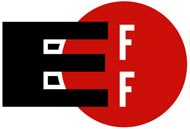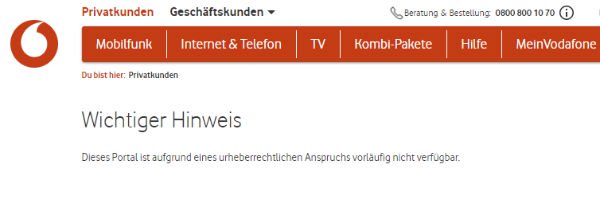Tickbox Must Remove Pirate Streaming Addons From Sold Devices
mercredi 14 février 2018 à 14:28 Online streaming piracy is on the rise and many people now use dedicated media players to watch content through their regular TVs.
Online streaming piracy is on the rise and many people now use dedicated media players to watch content through their regular TVs.
This is a thorn in the side of various movie companies, who have launched a broad range of initiatives to curb this trend.
One of these initiatives is the Alliance for Creativity and Entertainment (ACE), an anti-piracy partnership between Hollywood studios, Netflix, Amazon, and more than two dozen other companies.
Last year, ACE filed a lawsuit against the Georgia-based company Tickbox TV, which sells Kodi-powered set-top boxes that stream a variety of popular media.
ACE sees these devices as nothing more than pirate tools so the coalition asked the court for an injunction to prevent Tickbox from facilitating copyright infringement, demanding that it removes all pirate add-ons from previously sold devices.
Last month, a California federal court issued an initial injunction, ordering Tickbox to keep pirate addons out of its box and halt all piracy-inducing advertisements going forward. In addition, the court directed both parties to come up with a proper solution for devices that were already sold.
The movie companies wanted Tickbox to remove infringing addons from previously sold devices, but the device seller refused this initially, equating it to hacking.
This week, both parties were able to reach an ‘agreement’ on the issue. They drafted an updated preliminary injunction which replaces the previous order and will be in effect for the remainder of the lawsuit.
The new injunction prevents Tickbox from linking to any “build,” “theme,” “app,” or “addon” that can be indirectly used to transmit copyright-infringing material. Web browsers such as Internet Explorer, Google Chrome, Safari, and Firefox are specifically excluded.
In addition, Tickbox must also release a new software updater that will remove any infringing software from previously sold devices.
“TickBox shall issue an update to the TickBox launcher software to be automatically downloaded and installed onto any previously distributed TickBox TV device and to be launched when such device connects to the internet,” the injunction reads.
“Upon being launched, the update will delete the Subject [infringing] Software downloaded onto the device prior to the update, or otherwise cause the TickBox TV device to be unable to access any Subject Software downloaded onto or accessed via that device prior to the update.”
All tiles that link to copyright-infringing software from the box’s home screen also have to be stripped. Going forward, only tiles to the Google Play Store or to Kodi within the Google Play Store are allowed.
In addition, the agreement also allows ACE to report newly discovered infringing apps or addons to Tickbox, which the company will then have to remove within 24-hours, weekends excluded.
“This ruling sets an important precedent and reduces the threat from piracy devices to the legal market for creative content and a vibrant creative economy that supports millions of workers around the world,” ACE spokesperson Zoe Thorogood says, commenting on the news.
The new injunction is good news for the movie companies, but many Tickbox customers will not appreciate the forced changes. That said, the legal battle is far from over. The main question, whether Tickbox contributed to the alleged copyright infringements, has yet to be answered.
Ultimately, this case is likely to result in a landmark decision, determining what sellers of streaming boxes can and cannot do in the United States.
—
A copy of the new Tickbox injunction is available here (pdf).
Source: TF, for the latest info on copyright, file-sharing, torrent sites and more. We also have VPN discounts, offers and coupons


 With 20 million members around the world,
With 20 million members around the world, 
 Website blocking has become one of the leading anti-piracy mechanisms of recent years.
Website blocking has become one of the leading anti-piracy mechanisms of recent years. 